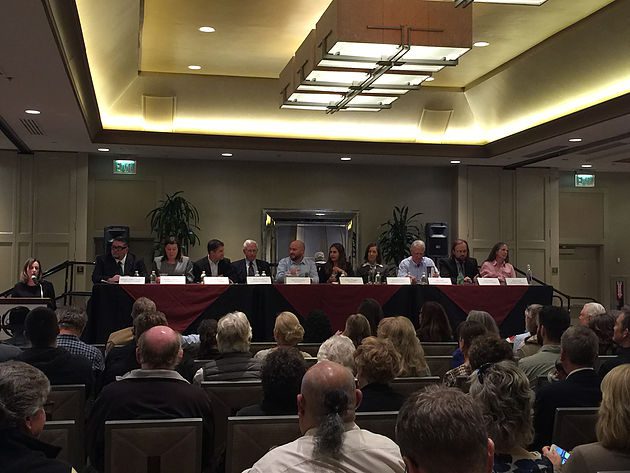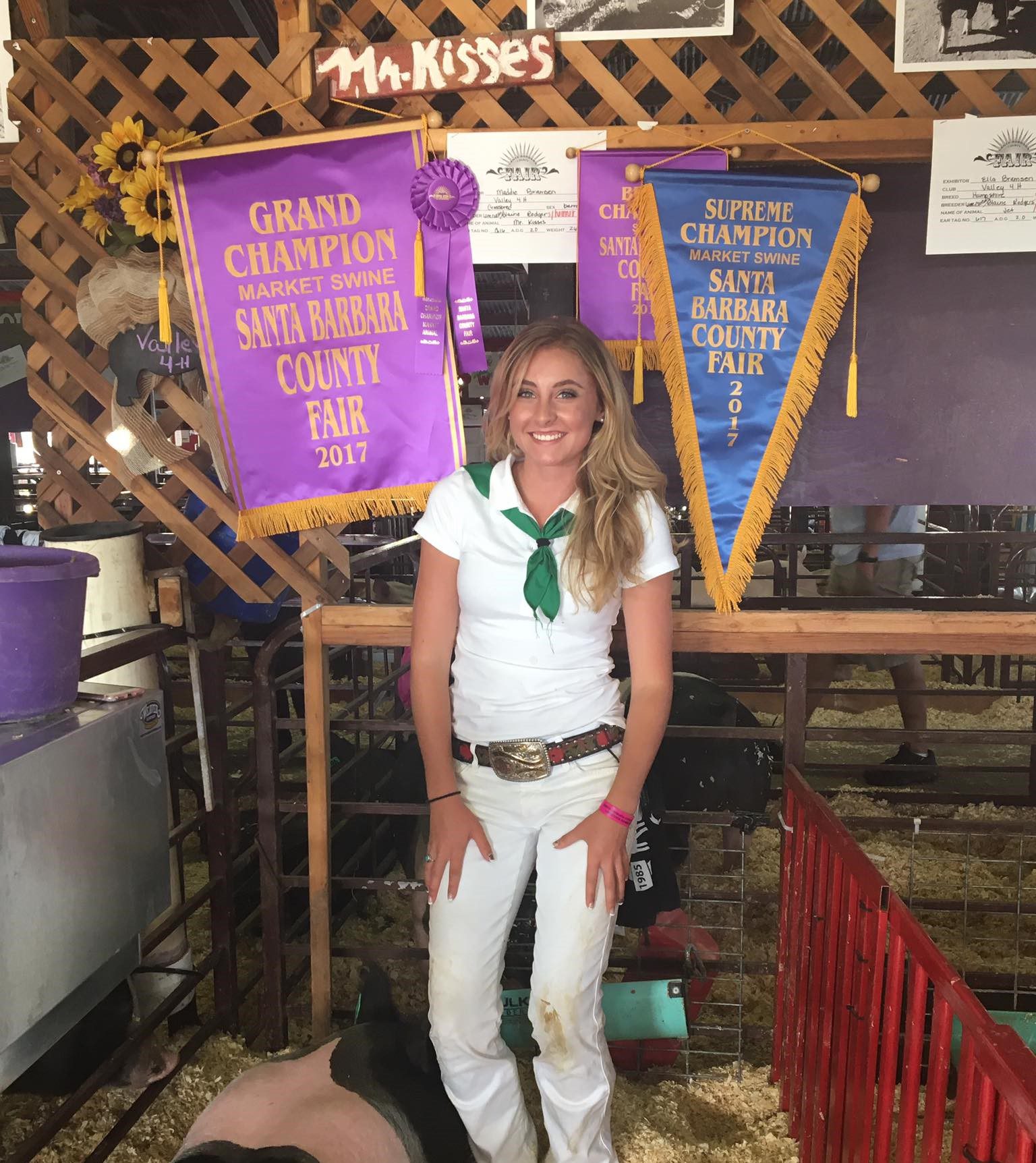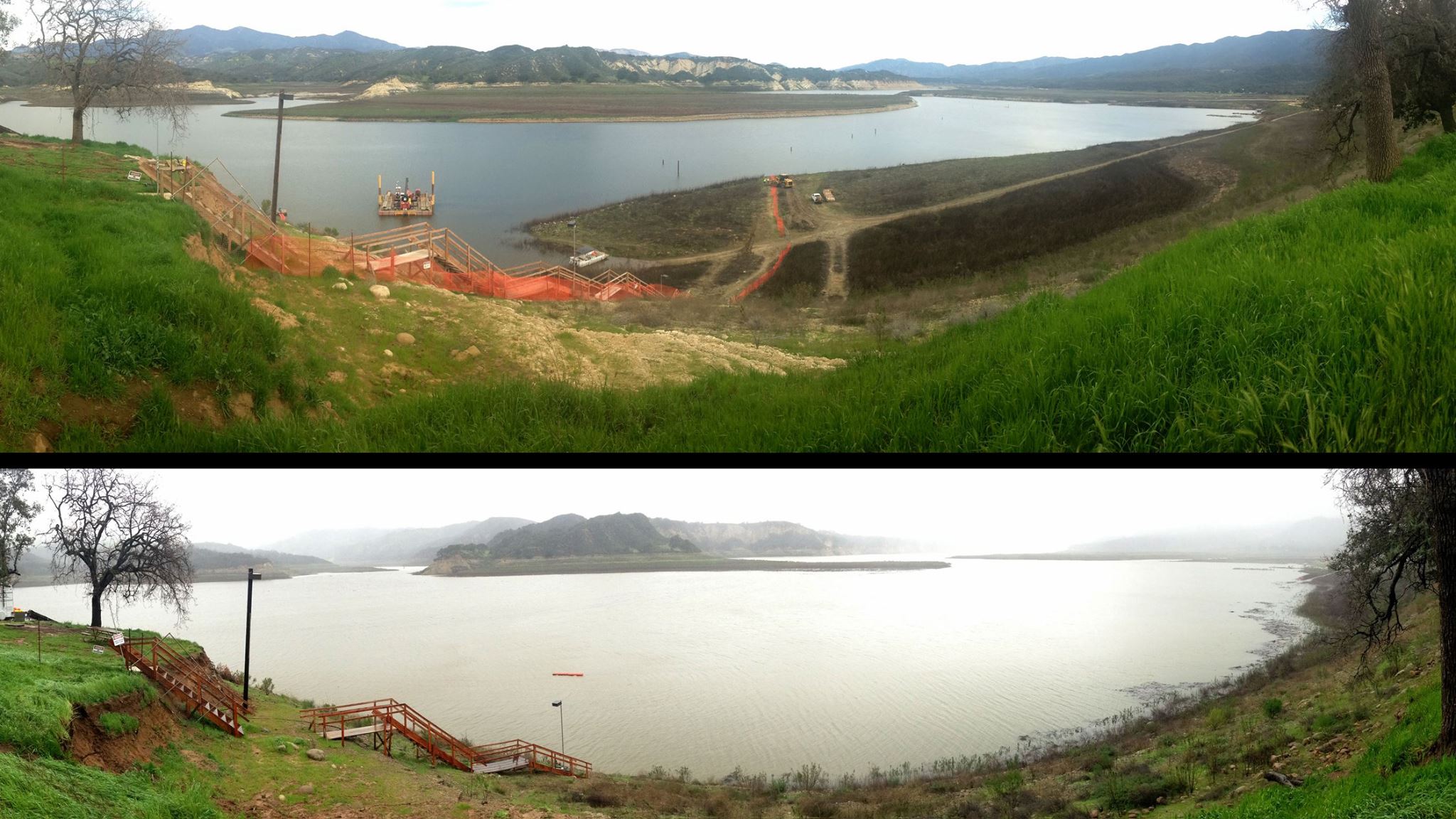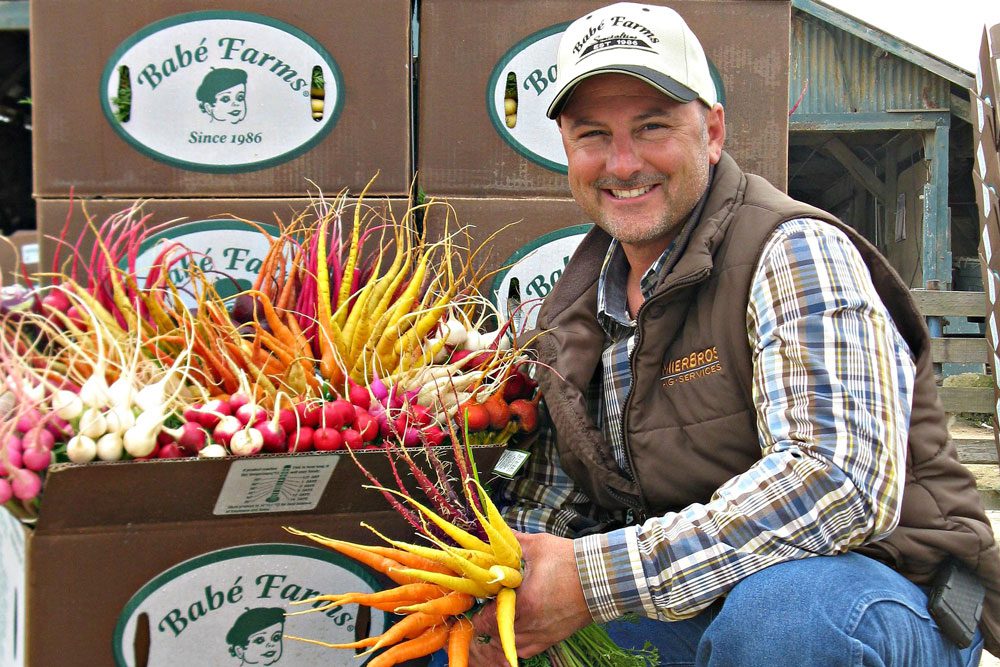By Raiza Giorgi
Any candidate for a seat on the Santa Barbara County Board of Supervisors can be expected to have a unique point of view, but 3rd District candidate Karen Jones stood out Thursday night when she told a forum audience that the agriculture industry should use more robots, and people should stop corruption in government by “kicking ass and taking names.”
More than 250 people packed into the conference room at Root 246 in Solvang on Thursday night to listen to Board of Supervisors candidates from all five of the county’s districts.
The biggest group is seeking the seat in the 3rd District, which stretches from Isla Vista through the Gaviota coast and Santa Ynez Valley and north to Guadalupe. Those candidates are Bob Field, Jay Freeman, Joan Hartmann, Karen Jones and Bruce Porter. Current Supervisor Doreen Farr is retiring after eight years.
 Most of the forum’s topics involved agriculture, tourism and the wine industry, which are all hot topics for constituents in the Santa Ynez Valley. In particular, the county’s proposed new winery ordinance would affect smaller wineries and vineyards that want to have wine-tasting rooms and special events.
Most of the forum’s topics involved agriculture, tourism and the wine industry, which are all hot topics for constituents in the Santa Ynez Valley. In particular, the county’s proposed new winery ordinance would affect smaller wineries and vineyards that want to have wine-tasting rooms and special events.
The forum was sponsored by the Santa Barbara County Vintners Association, Santa Barbara Independent, Visit SYV and Solvang Chamber of Commerce.
Opening the forum was Morgen McLaughlin, executive director of the vintners association. She stated that the wine industry creates economic benefits for all businesses in the county, including restaurants, hotels, retailers, media companies, graphic designers, lawyers, accountants and more.
“The wine industry provides more than 9,000 full-time jobs and contributes $93 million in state and local taxes with wine-related activities. The wine industry also makes more than $2 million in charitable donations each year,” McLaughlin said.
Moderators Matt Kettmann and Kelsey Brugger of the Santa Barbara Independent asked a range of questions, such as whether each candidate thought the wine ordinance would raise a barrier so that only the wealthy would be able to start a winery.
Jones spun the answer to imply she was more concerned with candidates whose campaigns were supported by big money and the conflicts of interest that would pose. Hartmann said there was a loophole for those who invest other people’s money, a dig at Porter, who is an investment adviser. Field clarified for the audience that the ordinance would limit wine tasting to lots of more than 20 acres and events to lots of more than 40 acres.
“I’m not against the wine industry, but it’s dysfunctional to have small wineries all having tasting rooms and events,” Field said. “I will save you from your own mistake,” he added, which brought a round of jeers from the audience of mostly vintners and other people who work in wine and agriculture.
Porter said the wine ordinance should be dead on arrival because it would put a lot of small wineries out of business.
“It was not written by people in the industry and there’s no scientific basis for the lot sizes. If we limit it and those smaller growers raise grapes for other people, so much revenue will be lost — and shame on us if it’s passed,” Porter said.
Freeman said he had not read the winery ordinance and declined to comment until he had.
First District candidate Das Williams said that agriculture already has too many restrictions, and the industry needs to remain profitable. Otherwise, he said, land owners face the hard decisions of selling the land for other uses.
“The winery ordinance shouldn’t be thrown out but revised, and not micromanaging businesses,” Williams added.
On a question related to farm worker housing and easing restrictions on farms so they can build adequate places for their employees to live, Jones said she would need to study the topic further. However, she implied that robots might be better and the technology wasn’t that far away.
Field said he wouldn’t support more restrictions but in his opinion agriculture and tourism are becoming blended into one thing and they should remain separate.
“Increasing the use of shuttles would be a good idea, especially along the more rural roads, but the main issue is water and addressing how to recharge the aquifers with storm water and recycled waste water,” Hartmann said.
Regarding party politics in the board room of the nominally nonpartisan Board of Supervisors, first district candidate Jennifer Christensen said political opinions should be checked at the door, and each issue should be discussed on a case-by-case basis.
“We have the same values, that we want to protect the coastline and environment while keeping our history and character,” Christensen added.







